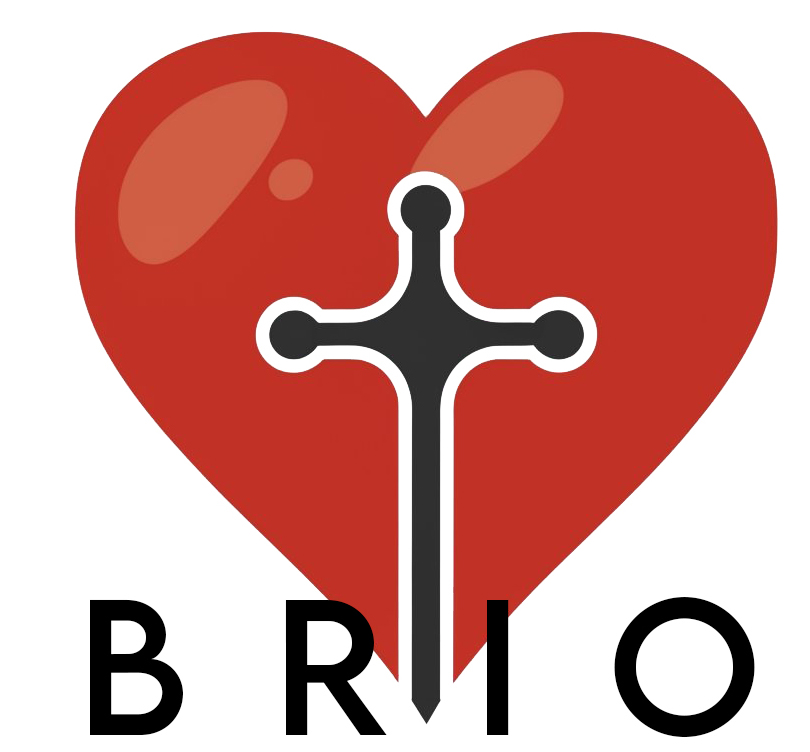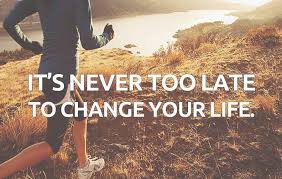
Advanced English Reading – Life Part 1
Good afternoon, the first thing we need to do in today’s class of advanced English reading is establish if you need to change your life or not, and to do this, we will use a psychological tool I invented called, The Raval Test.
I’d like to say that I spent years creating this test, but the truth is that I developed it after a lengthy research period lasting about…three minutes… as I walked through the Raval neighbourhood of Barcelona. I was in the early stages of a hangover, feeling depressed, and began a list of my woes – no job, no money, no wife, no friends, no liver.
Suddenly, though, depression transformed into elation as I realised I’d made an important psychological discovery: my five problems were the perfect categories by which you can analyse a life:
- Friends
- Love
- Job
- Money
- Health
The Raval Test was born, and took the form of five simple questions – one from each category, and I really believe these are the most important questions anyone can ask you about your life. So I would like you to listen carefully and answer them honestly.
Number 1. Do you have great friends?
- Do you have a spouse – or boyfriend or girlfriend – who you admire, love and respect?
- Do you love your job?
- Do you have enough money?
- Do you have your health?
Okay, so you’ve listened to the questions, how do you use your answers to arrive at a clinical diagnosis? Well, it’s simple: if your answer is no to all five questions then it’s clear: your life sucks and you need to change it.
Clearly, this test is more rapid and cost effective than visiting a psychologist, which is why I was so happy when I suddenly invented it. Unfortunately, though, my elation at discovering The Raval Test was soon ended by the diagnosis it offered its creator: my life sucked. So I entered a small bar, and as I combated my hangover with a beer, I started to ask the question of today’s class: can you change your lie?
You see, most people answer the question with extremism. On one side you have ultra-optimists like Paulo Cohello, “You can do anything you want in life – just follow your dreams etc.” and on the other the hardnosed cynic: a grim northerner sipping his pint of bitter, “You are the way you are and there’s bugger all you can do about it.” I ordered another beer and asked myself once more… can you change your life? And decided…
Yes you can.
But… it’s very… very… difficult.
The reason it’s so difficult is that essentially, we’re stupid. Humans have great imagination, we can split the atom and invent cloud computing, but on a behavioural level we’re simple and we repeat the same actions day in day out. Even if we don’t like the actions we’re executing, like a compulsive thought, or a boring job, or something that’s killing us like drugs, we just carry on doing the same thing. Sure, there are moments of awareness that it’s wrong, but we continue nonetheless.
Interestingly, when people do decide to change their life, most of them intuitively understand what change they need. Imagine in The Raval Test you have three ‘No’ answers: few friends, no money, boring job… well, it’s pretty obvious that if you get a cool job you could solve all these problems in one go. So the mission is clear – get a cool job. Easy, right?
Well, yes, if you’re a well-educated, experienced winner with a great CV. But if you have average qualifications, average CV, and a lot of familial responsibility, then you’re facing an uphill struggle.
For example:
Before you even begin doing your CV, reading job offers, interviews etc. look at the challenge of simply getting new qualifications. It requires…
- A huge amount of extra time (which you may not have – especially if you have work or family commitments.)
- Energy (most people are lacking in this vital resource.)
- Money (sometimes thousands of euros for the course.)
- Specific skills or intelligence (Which, depending on the course, may be extremely challenging and cause anxiety about your ability.)
- Overcoming personal weaknesses such as laziness, attention deficit and many others. Or some people must overcome major weaknesses such as neurosis, compulsions and addictions, that will interfere with a course of study.
So, we can all see how big a task just one aspect of getting a new job is: getting new qualifications. Sorry to the eternal optimists, but I don’t buy your pie in the sky ‘just think positive and you can do anything…’ For most people life change is like standing at the foot of a high mountain with a recently amputated leg.
However, all Ingocio students know that our most important principle is changing your life through education, so you know that despite my bleak picture of life change, I’m not going over to the pessimist camp.
So I’d better clarify my position: optimist, pessimist, can we change, glass half full, glass half empty etc.?
Well, I’ve always believed that the glass is half empty. But you gotta slap that barman and make him fill it up. In other words, you have to do whatever you can. If you have to work all day – do it; if that fails – beg, steal, borrow. And that’s my attitude about changing your life – you can do it, but you have to fight. Because it’s not easy. If it was, then we’d all be the ideal weight, moderate drinkers, non-smokers and have the perfect job, spouse and children. If you want to make real changes you have to fight hard, and adopt a well thought out strategy. And it is exactly that strategy, my friends, that we will talk about in Life part 2.
Okay, I hope you enjoyed today’s class of advanced English reading…now I’d like you to do your writing task for the week by visiting our website – advancedenglish.net or our Facebook page – advanced English Ingocio. The task is to share with us and your fellow students your own ideas on today’s class and tell us if you think it’s easy or difficult or impossible for people to change. Excellent… well, that’s all for today, don’t forget the writing task, and I’ll see you next week. Goodbye.
Vocabulary Focus
-
- Early stages las primeras etapas: the beginning phase. The early stages of a hangover.
- Hangover resaca: the effects of alcohol the next day.
- Woes problemas: things that make you sad or unhappy. A list of my woes.
- Your life sucks su vida es una mierda: your life is terrible. Your life sucks.
- Hardnosed obstinado: hard, intractable, total. The hardnosed cynic: a grim northerner sipping his pint of bitter – “you are the way you are and there’s bugger all you can do about it.”
Grim severo: sad, depressing, grey.
Sipping sorbiendo : drinking a very small quantity of liquid at a time.
Bitter cerveza amarga: a horrible drink related to beer but warm and with no fizz.
Bugger all nada de nada: a vulgar word for ‘nothing.’
- Awareness conciencia: knowledge. There are moments of reflection and awareness.
- An uphill struggle una lucha cuesta arriba: a difficult challenge. You’re facing an uphill struggle.
-
- Overcoming la superación de: to have a problem but to conquer it, to succeed. Overcoming personal weaknesses.
- Pie in the sky castillos en el aire: something or someone that is not real. A fantasy. His ideas were pie in the sky.
- Slap bofetada: a sudden, unexpected attack on somebody with the palm of your hand – usually to the face. But you gotta slap that barman.
Advanced English Reading questions
- Who invented the Raval test?
- How does the narrator suggest we know if we have a terrible life or not?
- Give one of Rokeby’s examples of how smart humans are.
- What sort of weaknesses must some people beat to do a course as an adult?
- Is Rokeby’s glass half full or half empty?
Conversation questions
- Are you an optimist or a pessimist? Why?
- If you could study another degree what would you study?
- Thinking about your life and that of people you know… can people change their life?
- When you make a decision (to give up smoking, do more exercise etc…) are you good at executing it?
- Do children help you or stop you changing your life for the better?
- The Alchemist is a very bad book. DISCUSS.
- What book, film or television program has had the biggest influence on your life?
- What’s your destiny?
- Are people in poorer countries happier than people in richer countries? Explain why?
- If you changed your job now would you work for the same type of company?
Advanced Reading task: answers
- Rokeby, the narrator.
- If he answers all the questions in the Raval test correctly.
- We can split the atom and invent cloud computing,
- Weaknesses such as laziness, attention deficit and many others. Or some people must overcome major weaknesses such as neurosis, compulsions and addictions, that will interfere with a course of study.
- Half empty. But you gotta slap that barman and make him fill it up. In other words, you have to do whatever you can.


Comments are closed.